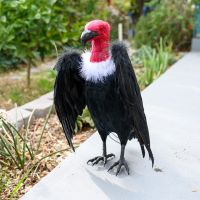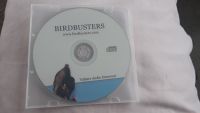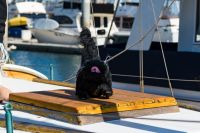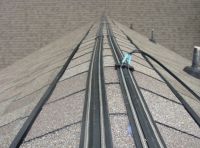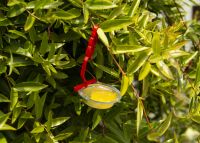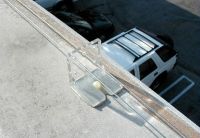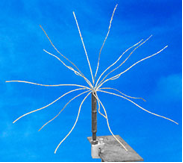Turkey Vulture

Turkey Vulture Identification:
Turkey vultures are large birds with dark feathers, weighing up to six pounds with a wingspan up to 32 inches long. They have a bald head with reddish skin similar in look to a turkey that enables them to forage in dead carcassess as these birds are scavengers that are particularly fond of carrion. Often seen in flocks of 70 or more birds, turkey vultures love to roost in towers, rooftops and tall trees. These long-lived birds (about 20 years) are found all across the U.S. in the spring and summer, but the largest flocks inhabit the southern half of the U.S.
Turkey Vulture Control:
All vultures are protected by law under the Migratory Bird Treaty Act so humane vulture control methods must be used to move them. Turkey vultures are heavy, aggressive birds that can destroy most standard bird control products. The most effective bird control methods to get rid of vultures are electrified bird track or heavy duty electrified bird wire. The Bird Shock track should also be reinforced with Dead Vulture Decoys, hang the Dead Vulture effigies upside down near and around the problem area. It is also a good idea to place Bird Free Bird Repellent Gel dishes around the area. This new bird repellent gel looks like flames to birds and they dont like the smell. In some instances, heavy duty bird wire (.96mm) tensioned 8 inches high will protect against turkey vulture problems like roosting on roof parapets or girders and overhead grid wire systems 5 foot on center or wide mesh horizontal bird nets can dissuade vultures from landing in flat, open areas.
Damage Caused by Turkey Vultures:
Turkey Vultures cause problems by attacking rooftops, caulking and other exterior surfaces, causing extensive bird damage to structures. The bird droppings from turkey vultures are large as well, creating extra clean up costs and concern over slip and fall liability from turkey vulture dropping buildup, plus an unclean, dirty company image. The bacteria, fungal agents and parasites found in turkey vulture droppings and nests can carry a host of serious diseases, including histoplasmosis, encephalitis, salmonella, meningitis, toxoplasmosis and more. As an unpleasant bonus, turkey vultures often leave bones and carcasses to feed on around their roosting areas. They are also known to be noisy problem birds, especially in a large group or fighting over food.

